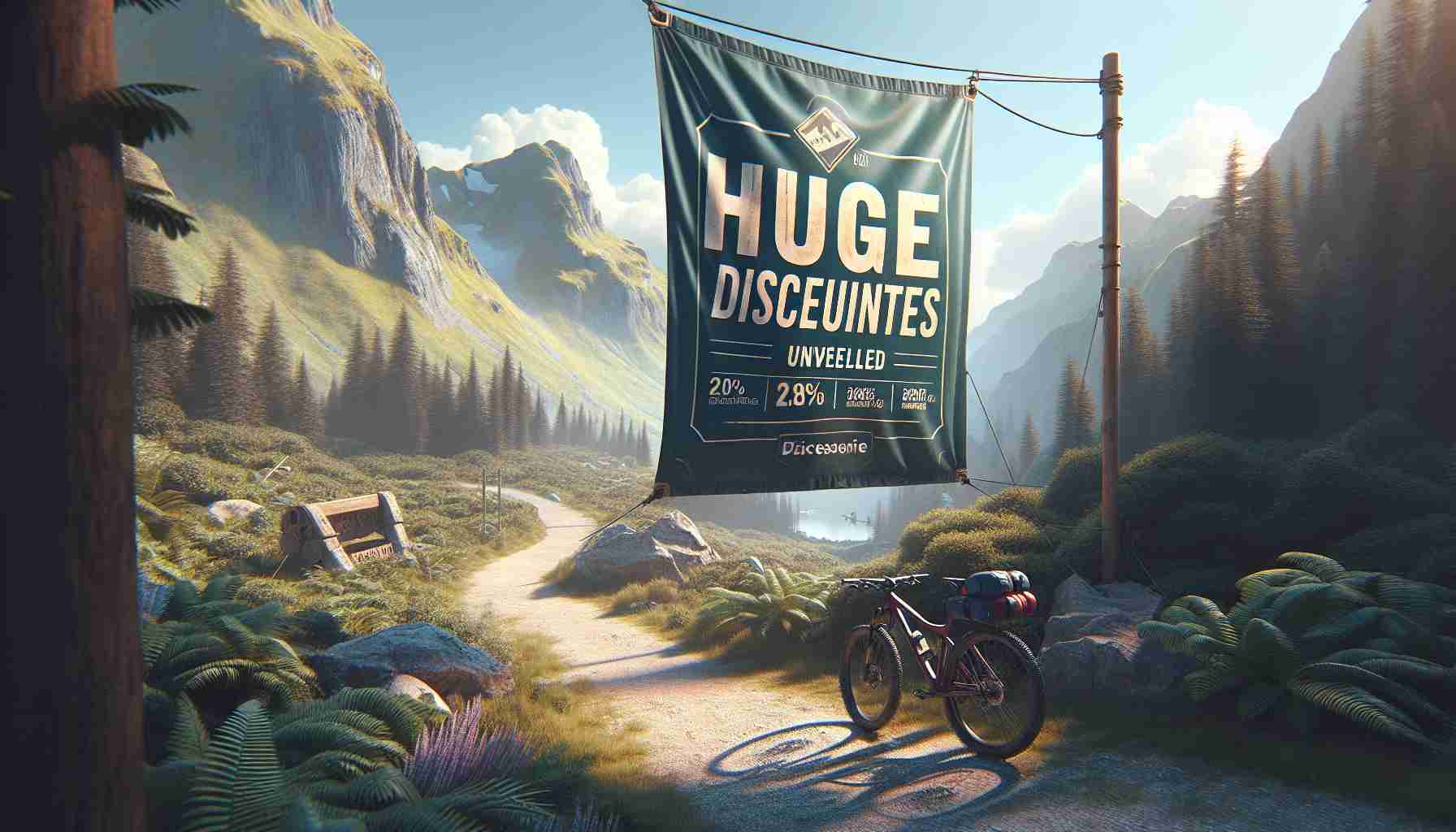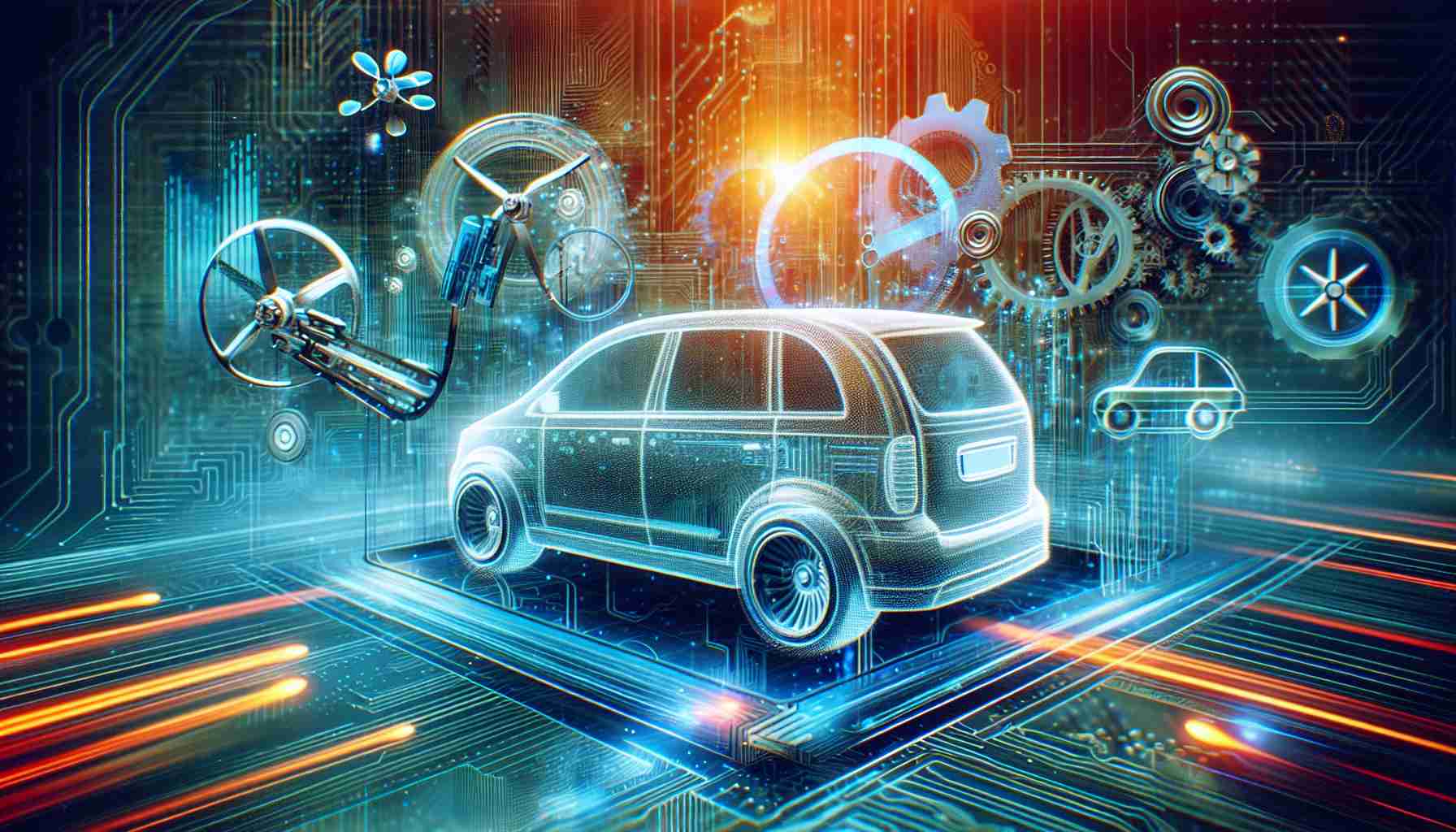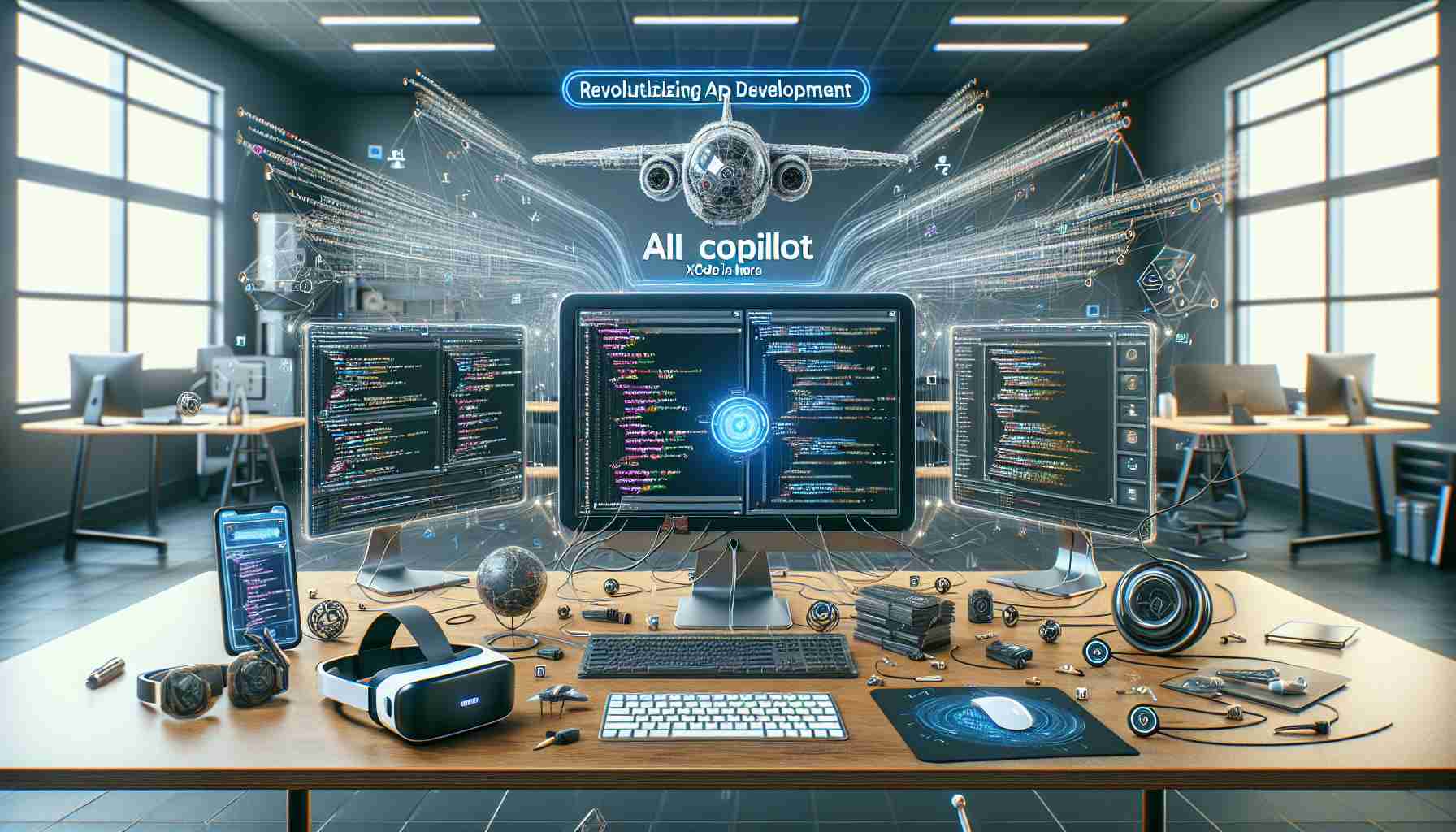Three individuals, Bryan, Jules, and Mathew, join forces to delve deep into complex ethical questions. The trio navigates through scenarios involving children questioning gender identity, workplace honesty about pronouns, and the challenge of combatting disinformation.
One of the dilemmas they tackle involves children questioning gender norms. Another situation under scrutiny is the obligation to disclose personal pronouns in a professional environment. Additionally, the trio reflects on the daunting task of saving friends from the web of misinformation that pervades society today.
As they engage in spirited discussions, varying perspectives emerge, shedding light on the multifaceted nature of these ethical quandaries. Through their interactions, the trio offers insights and perspectives aimed at fostering a deeper understanding of these complex issues.
By confronting these dilemmas head-on and engaging in thoughtful dialogue, Bryan, Jules, and Mathew provide a platform for introspection and growth, challenging listeners to consider their own beliefs and actions in the face of contemporary ethical challenges.
Exploring Ethical Dilemmas in Modern Society: Delving Deeper into Complex Questions
In the ongoing journey of exploring ethical dilemmas in modern society, it is pertinent to delve into additional facets that shape the landscape of moral decision-making and societal norms. While Bryan, Jules, and Mathew have already discussed compelling scenarios, there are numerous other critical questions that warrant attention and reflection.
One crucial question that arises is the ethical implications of artificial intelligence (AI) and its increasing role in decision-making processes. As AI technology advances, concerns regarding bias, privacy infringement, and job displacement come to the forefront. How do we ensure that AI systems are developed and utilized ethically, considering their significant impact on various aspects of society?
Another pressing issue revolves around the ethical considerations in genetic engineering and gene editing. With the ability to manipulate genetic material, questions arise about the boundaries of human intervention in nature. What are the ethical boundaries when it comes to enhancing human capabilities or altering the genetic makeup of future generations?
Furthermore, the advent of social media and its influence on public discourse raises important ethical dilemmas. The spread of fake news, echo chambers, and digital manipulation pose challenges to the integrity of information and democratic processes. How can we address the ethical responsibilities of social media platforms in combating misinformation and safeguarding the public interest?
Key challenges in grappling with these ethical dilemmas include balancing individual liberties with communal well-being, navigating the intersection of cultural values and universal ethics, and addressing the rapid pace of technological advancements that outpace ethical frameworks.
One controversial aspect is the debate between utilitarianism and deontology in ethical decision-making. While utilitarianism prioritizes the greatest good for the greatest number, deontology emphasizes moral duties and principles, sometimes leading to conflicting conclusions. How do we reconcile these contrasting ethical theories in practice?
Advantages of exploring ethical dilemmas include fostering critical thinking skills, promoting empathy and understanding diverse perspectives, and cultivating a more ethical society. However, the complexity and subjectivity of ethical issues can sometimes lead to moral relativism, where individuals may justify actions based on personal beliefs rather than universal principles.
In conclusion, delving deeper into ethical dilemmas in modern society requires a nuanced approach that considers evolving technologies, societal norms, and philosophical frameworks. By asking probing questions, engaging in constructive dialogues, and acknowledging the complexities inherent in ethical decision-making, we can strive towards a more ethically conscious and socially responsible future.
For further insights on ethical dilemmas and moral reasoning, visit Ethics.org.









